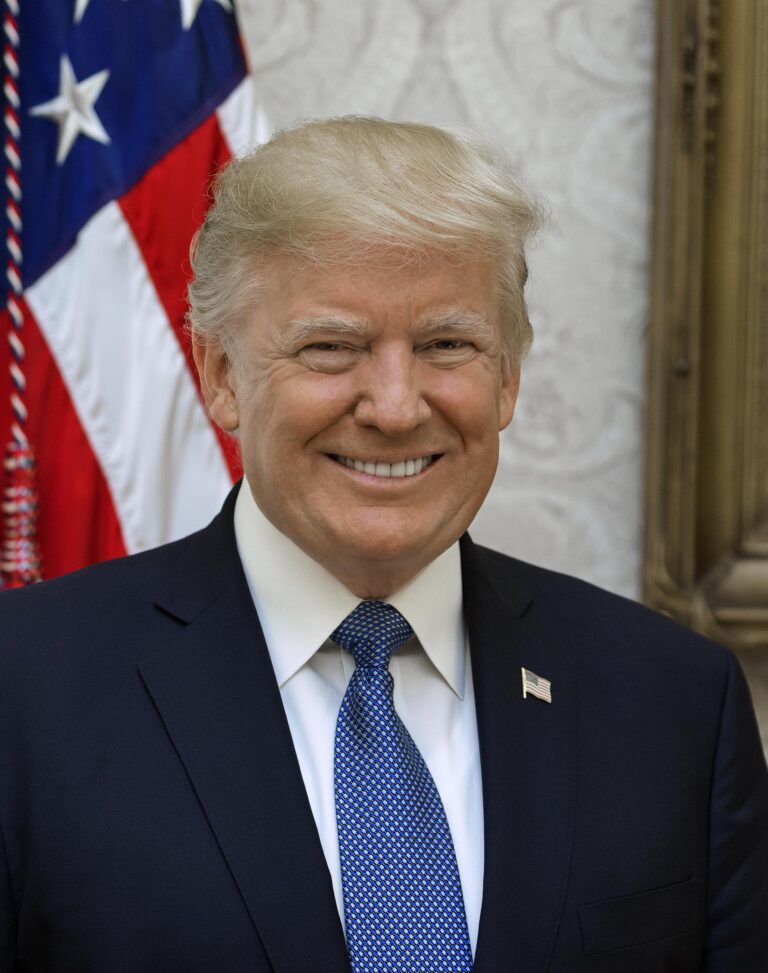Former President Donald Trump expressed strong concerns over the presence of the Chinese military in Argentina, stating he would be “very upset” by such developments. In remarks that highlight growing tensions between the United States and China, Trump’s comments come amid ongoing geopolitical competition in Latin America. The issue underscores the broader strategic contest for influence in the region, with implications for global security and economic interests. This article examines Trump’s statements and the potential impact of increased Chinese military activities in Argentina.
Trump Expresses Concern Over Chinese Military Presence in Argentina
Former President Donald Trump voiced his apprehension regarding the rumored expansion of the Chinese military presence in South America, particularly in Argentina. He stressed that such a development would be a significant geopolitical concern for the United States, emphasizing, “I’d be very upset” if China were to establish a military foothold so close to American borders. Trump argued that this move could disrupt the balance of power in the Western Hemisphere and potentially hinder U.S. influence in the region.
Analysts note that China’s growing interest in Argentina extends beyond military ambitions, encompassing economic and strategic investments. Trump highlighted several key risks associated with this presence, including:
- Compromised regional security due to increased foreign military activities
- Reduced U.S. leverage in critical diplomatic negotiations
- Potential escalation of tensions between major global powers
| Aspect | U.S. Concern | Potential Chinese Gain |
|---|---|---|
| Military Positioning | Threat to hemispheric security | Strategic foothold in South America |
| Economic Influence | Loss of market dominance | Expanded investment opportunities |
| Diplomatic Relations | Weakened alliances | Stronger regional partnerships |
Analyzing Geopolitical Implications of China’s Expansion in South America
China’s increasing footprint in South America reflects a strategic pivot that extends far beyond economic interests. The potential establishment of a Chinese military presence in Argentina, as raised in recent political discourse, signals a new phase in Beijing’s geopolitical ambitions. This development could disrupt the traditional influence exercised by the United States in its hemisphere, challenging long-standing security paradigms and prompting diplomatic recalibrations across the region. The growing Chinese involvement includes infrastructure investments, technology partnerships, and resource extraction, creating a web of dependencies that enhance Beijing’s leverage over local governments.
Key implications include:
- Shift in regional security dynamics, potentially leading to increased rivalry and tensions.
- Economic realignment, with South America becoming a critical node in China’s Belt and Road Initiative.
- Challenges to U.S. influence, prompting reassessment of foreign policy and defense strategies.
- Heightened concerns among neighboring countries about sovereignty and external military presence.
| Country | Chinese Investments (USD Billion) | Military Presence | Strategic Importance |
|---|---|---|---|
| Argentina | 15.3 | Potential | Access to Atlantic and regional influence |
| Brazil | 20.7 | None | Largest economy | Resource hub |
| Chile | 8.9 | None | Mineral resources | Pacific access |
Strategic Recommendations for US Policy Amid Rising Regional Tensions
In response to the evolving geopolitical landscape marked by China’s expanding military presence in Latin America, the United States must adopt a calibrated approach that balances deterrence with diplomatic engagement. Prioritizing stronger partnerships with regional allies such as Argentina, Brazil, and Chile is essential to counterbalance external influences without escalating tensions. This includes increased intelligence sharing, joint military exercises, and enhanced economic cooperation to fortify mutual interests and regional security architectures.
Key strategic actions for US policymakers include:
- Investing in regional infrastructure projects that offer alternatives to Chinese investments, thereby reducing economic dependency.
- Enhancing cybersecurity collaboration to safeguard critical communication networks from foreign interference.
- Launching targeted diplomatic initiatives that promote transparency and rule-based order in the Western Hemisphere.
| Policy Area | US Approach | Expected Outcome |
|---|---|---|
| Military Cooperation | Expand joint exercises & intelligence sharing | Improved readiness & deterrence |
| Economic Partnerships | Promote infrastructure investment alternatives | Reduced regional dependency on China |
| Diplomatic Engagement | Initiate multilateral security dialogues | Strengthened regional alliances |
In Summary
As tensions between the United States and China continue to simmer, former President Trump’s remarks underscore the ongoing concerns about Beijing’s global military ambitions. How this rhetoric will influence diplomatic relations in the region remains to be seen, with analysts closely monitoring developments ahead of upcoming international engagements.




